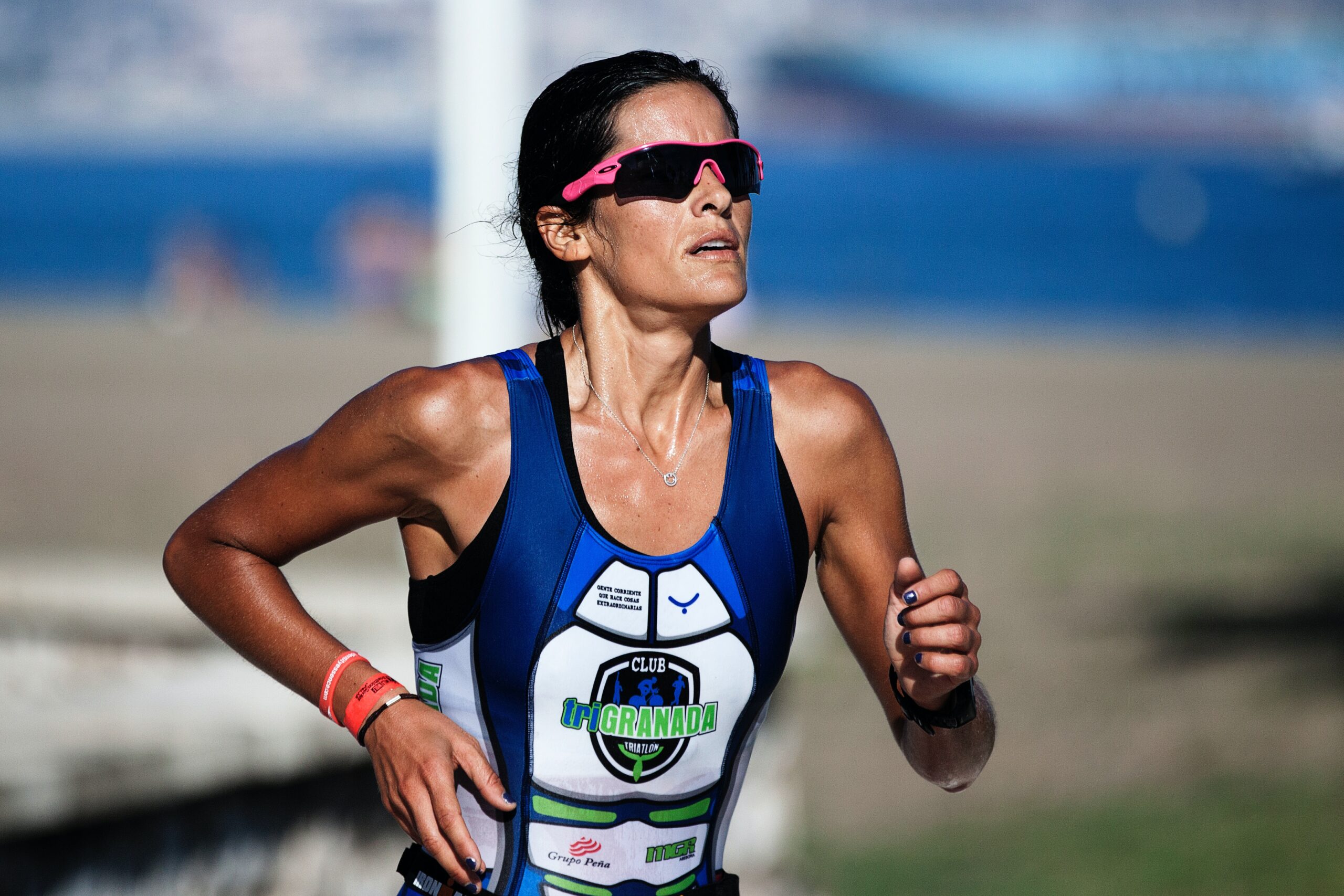Pertaining to improving our running performance, nutrition plays a crucial role in providing the energy needed for our workouts. Choosing the right foods can boost our stamina, endurance, and recovery. Conversely, certain foods can hinder our jogging performance, leaving us feeling sluggish and fatigued. In this informative blog post, we will explore what to avoid in our diet to maintain optimal energy levels for jogging. By being mindful of what we consume, we can enhance our running experience and reach our fitness goals more effectively.
Key Takeaways:
- Avoid heavy meals: Before jogging, avoid heavy meals that can make you feel sluggish and lead to digestive issues.
- Avoid sugary snacks: Opt for complex carbohydrates over sugary snacks to sustain your energy levels during a jog.
- Avoid high-fat foods: Foods high in fats can be difficult to digest and may also cause discomfort during exercise.
- Avoid caffeine before a run: Caffeine may lead to dehydration, so it’s best to avoid it before going for a jog.
- Avoid alcohol: Alcohol can dehydrate you and affect your performance, so it’s best to avoid it before exercising.
Jogging and Dietary Choices
Foods That Hinder Performance
Concerning jogging, there are certain foods that can hinder your performance and leave you feeling sluggish. Avoid high-fat foods, spicy dishes, and heavy meals before a run as they can lead to digestive issues. Foods high in sugar can cause a sudden energy crash, so steer clear of sweets and sugary drinks as well.
Timing Your Meals for Optimal Energy
Timing your meals is crucial for optimal energy levels during jogging. Eating a large meal right before a run can leave you feeling bloated and uncomfortable. It’s best to have a light snack or meal at least 1-2 hours before jogging to allow for proper digestion. Additionally, refuelling with a balanced meal containing carbohydrates, protein, and fats within 30 minutes of finishing your run can help replenish energy stores and aid in muscle recovery.
The Role of Hydration
Dehydration: A Hidden Energy Drainer
Dehydration is a common issue among joggers that can significantly impact energy levels. When the body doesn’t have enough fluid, it struggles to perform at its best, leading to fatigue, muscle cramps, and decreased endurance. It’s crucial to stay properly hydrated before, during, and after your run to avoid this hidden energy drainer.
Best Hydration Practices for Joggers
For joggers, proper hydration is key to maintaining energy levels and performance. It is recommended to drink water before, during, and after your run to ensure you stay hydrated. Electrolyte-rich drinks can also be beneficial, especially for longer runs or in hot weather. Pay attention to your body’s signals and make sure to replace fluids lost through sweat to optimise your jogging experience.
Supplements and Energy Boosts
Misconceptions About Energy Supplements
There are several misconceptions surrounding energy supplements, with many people believing that they provide an instant, long-lasting energy boost. However, the reality is that most energy supplements offer a short-term spike in energy levels, followed by a crash. It’s crucial to be cautious of the ingredients in these supplements, as some may have negative side effects or interact with other medications.
Natural Alternatives for Sustained Energy
When looking for sustained energy without the potential drawbacks of energy supplements, natural alternatives are a better option. Foods like nuts, seeds, whole grains, fruits, and vegetables provide a steady release of energy due to their complex carbohydrates, fibre, and nutrients. Additionally, staying hydrated and getting enough quality sleep are crucial factors in maintaining optimal energy levels throughout the day.
Planning for Long-Term Success
Developing a Balanced Meal Plan
When preparing for long-distance running, it’s crucial to create a balanced meal plan that fuels your body with the right nutrients. Include a variety of whole foods such as lean proteins, complex carbohydrates, healthy fats, and plenty of fruits and vegetables. Avoid overly processed foods, sugary snacks, and high-fat meals that can drag you down during your training sessions.
Monitoring and Adjusting Your Diet as You Train
As you progress with your jogging routine, it’s crucial to monitor and adjust your diet accordingly to meet your changing energy needs. Keep track of your performance, energy levels, and recovery times after each run. Consider consulting a nutritionist or dietitian to fine-tune your meal plan and ensure you’re getting the right balance of nutrients for optimal performance.
Jogging and Nutrition – What to Avoid for Energy
Regarding jogging, avoiding certain foods and drinks is crucial for maintaining high energy levels. Steer clear of high-fat, high-fibre, and spicy foods before a run as these can lead to discomfort and sluggishness. Opt for easily digestible, carbohydrate-rich snacks instead. Additionally, avoid sugary energy drinks which can cause a spike and then crash in energy levels. Hydration is key, so always ensure you drink enough water before and after your jog to stay energised and hydrated. By being mindful of what you consume before your run, you can maximise your energy levels and get the most out of your jogging sessions.
FAQ
Q: What are the key points to consider for energy during jogging and related nutrition?
A: It is important to avoid heavy meals before jogging as they can cause discomfort. Opt for light snacks such as fruit or nuts for sustained energy.
Q: How can consuming sugary drinks impact your energy levels during jogging?
A: Sugary drinks can provide a quick energy boost but can lead to a crash later on. It is best to avoid them before jogging for sustained energy.
Q: Is it advisable to eat a high-fat meal before going for a jog?
A: No, high-fat meals can be harder to digest and may lead to discomfort while jogging. Opt for a balanced meal with carbohydrates, protein, and some healthy fats instead.
Q: What role does hydration play in maintaining energy levels during jogging?
A: Staying hydrated is crucial for optimal performance and energy levels during jogging. Avoiding dehydration can help you sustain your energy throughout the run.
Q: How does caffeine consumption affect energy levels for jogging?
A: While caffeine can provide a temporary energy boost, it is best not to rely on it for sustained energy during jogging. Excessive consumption may also lead to dehydration.






